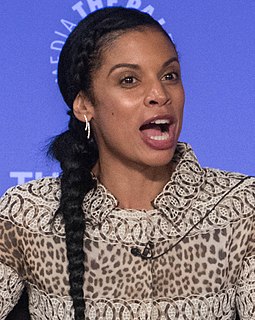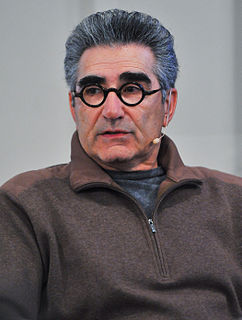A Quote by Masiela Lusha
I need to be able to write a poem after every film and to kind of cleanse myself from the character because for about three months or so, I'm constantly living through the character's eyes.
Related Quotes
I'm thinking like the character in order to be as authentic as I can. But after a while, how would I be able to cleanse myself from this unless I do something that's a different medium but also creative. That's what I do. It's my little ritual. After every filming, I just write a poem about it and my character specifically and I can let her go.
When you are writing, you have to love all your characters. If you're writing something from a minor character's point of view, you really need to stop and say the purpose of this character isn't to be somebody's sidekick or to come in and put the horse in the stable. The purpose of this character is you're getting a little window into that character's life and that character's day. You have to write them as if they're not a minor character, because they do have their own things going on.
Green Arrow was a very complicated character to take on because he has archaic weaponry. Catwoman, I think is more of a simple archetype to grasp, so it will be about nuance. But I think you need three or four issues before you say, 'Ah ha! Now I really know how to write this character!' You're carrying them around with you.
I find that’s one of the great things about acting-you have the opportunity to stand in somebody else’s shoes. Each character faces a dilemma in her life, and as an actor you’re able to step into that character’s skin, look through her eyes. You leave transformed, a different person, because once you live a little bit of someone’s life, it changes you.



































